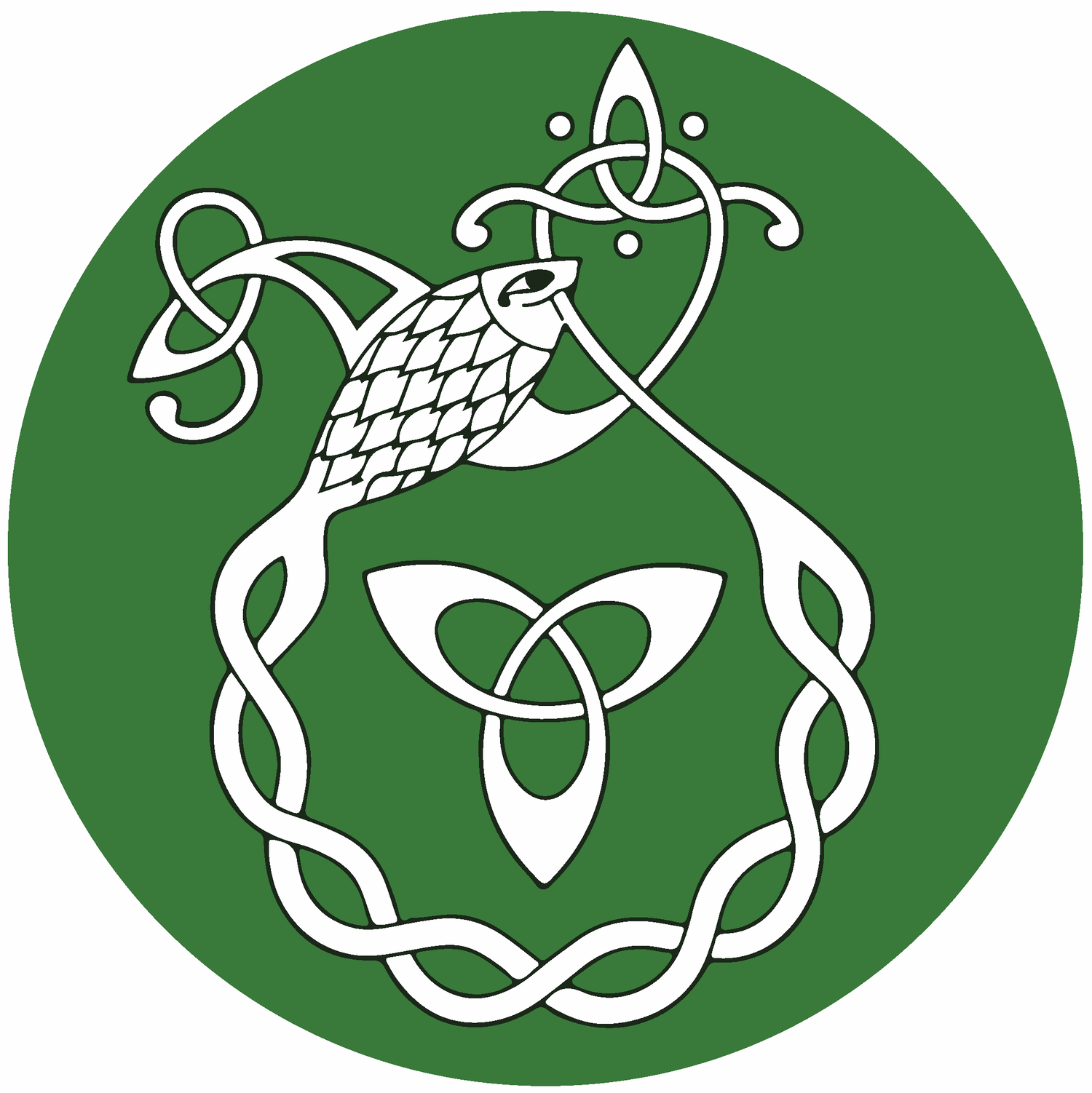Meiriceá
The name of the composer of this poem is no longer remembered. The reference to Seoirse (King George) places this poem between 1727-1830, presumably closer to 1830. The piece shows the despair at leaving loved ones when coming to North America.
If there was originally a tune for the poem to be sung to, this does not appear to have survived.
Tá cnoic is gleannta Éireann
Ag dul ó léargas orm agus béidh go deo,
Má dhealaítear ó chéile
Mé féin agus mo mhíle stór.
Tá an fharraige á tógáil
Is níl seoladh le fáil ag loing ná ag bád;
Is mura bhfaighimid malairt chórach,
Glac mo chomhairle agus fan go lá.
The hills and glens of Ireland are
Fading from my sight and will be forever,
We will be separated from each other
Myself and my beloved.
The sea is taking her
And there is not an address available to ships or boats;
And if we do not find a suitable alternative
Take my advice and wait until day.
Agus mo léan gan mé agus mo stóirín
Agus ar lóistín tógtha againn i Meiriceá,
Nó an long is fearr ag Seoirse
Faoi reacht seóil againn ag tarraingt ann.
Saibhreas rí na Fódhla
Go deo agus a fháil le mnaoi
Agus go mb’fhearr liom geall a pósta
Ar mo stór agam ná an méid sin cruinn.
And I am suffering and me without my beloved
And our lodgings built in [North] America
Or on the best boat of [King] George
In full sail pulling us there.
The riches of the king of ancient Ireland
Forever and available to the woman
And I would prefer to be promised in marriage
To my love than the multitude around.
Is trua gan mé im’ éinín
Nó i m’ fhéileacán ó thom go tom;
D’aithrisóinn scéal dhó do bhéal
Dá ndéantá rún;
Do ghrua ba deirge ná an chaor,
Is tú is deise méin agus leagan súl.
Nach cladhartha bocht an scéal é
Is mo ghaolta uilig i bhfearg liom.
It is a pity that I am not a small bird
Or a butterfly going from bush to bush;
I would relate a tale to you
If you would make it secret;
Your cheek is redder that the lamb,
And you have the most beautiful disposition and eyes.
Isn’t it a poor cowardly story
And my whole family angry with me.
Adapted from: Ó Máille, Micheál, and Tomás Ó Máille. 1905. Amhráin chlainne Gaedheal. 1. Connradh na Gaedhilge: Baile Átha Cliath.
